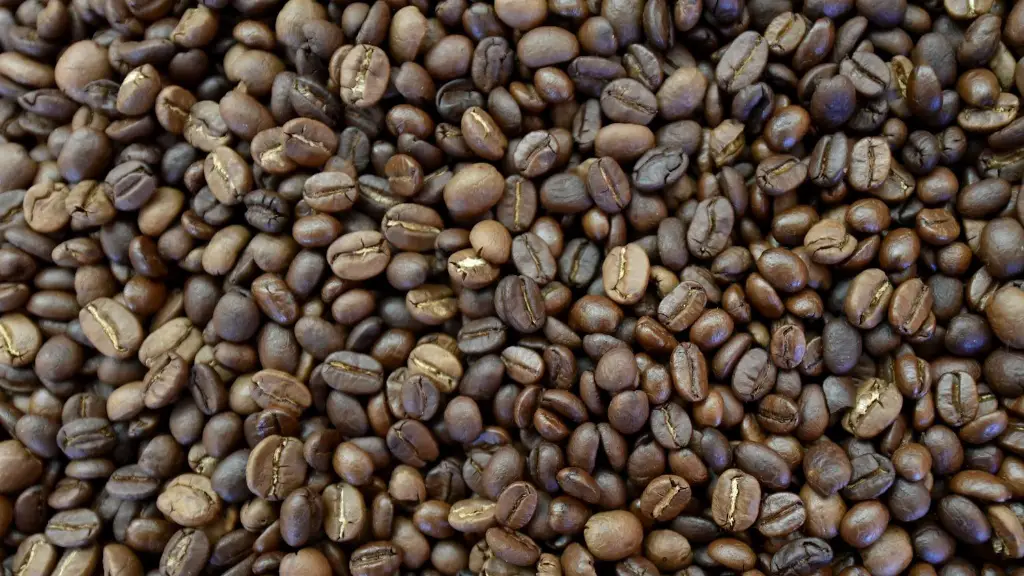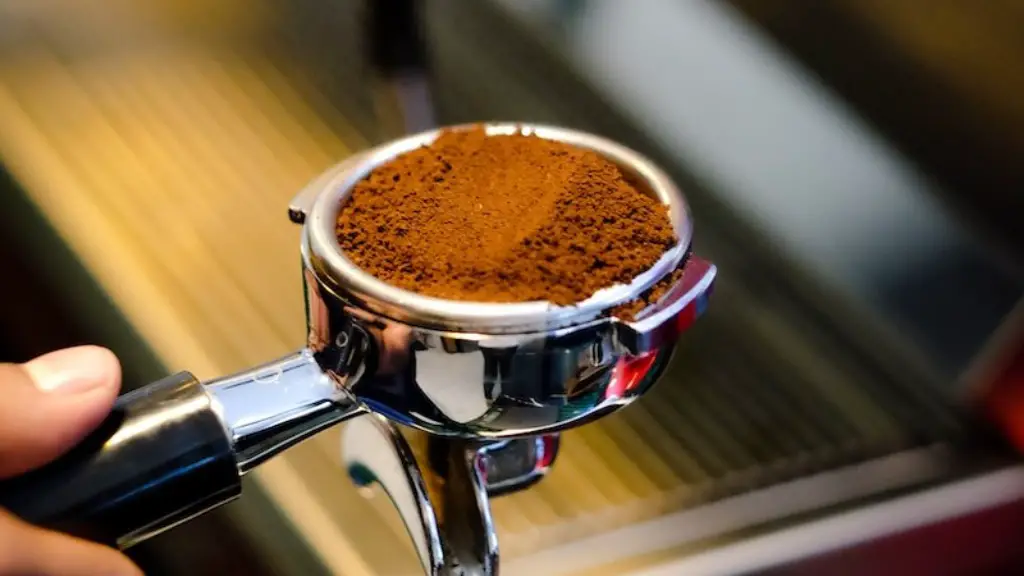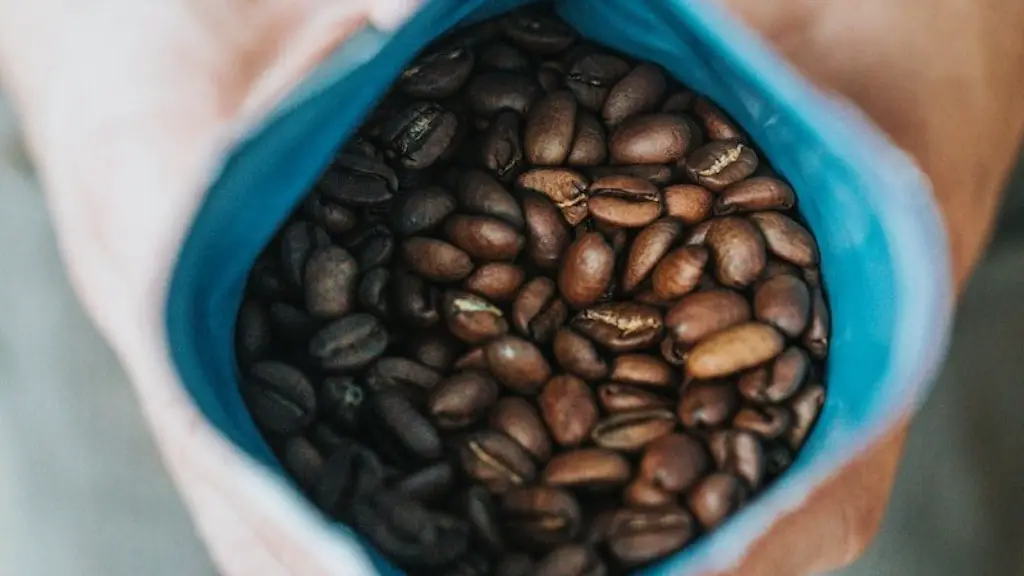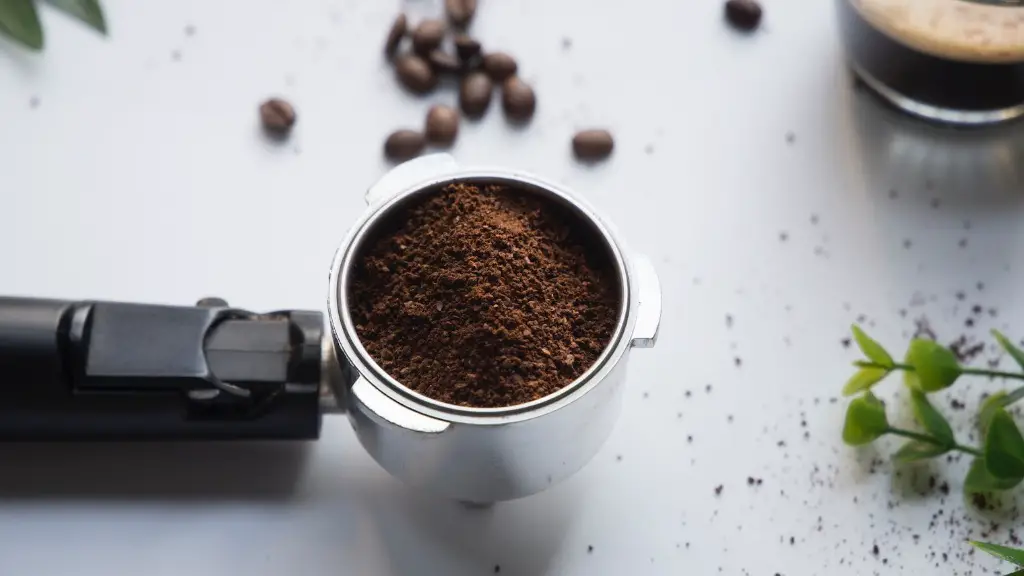What Coffee Can I Drink on a Diet
The health benefits of drinking coffee are numerous and backed by science – and it can be a great part of your daily diet plan. Unfortunately, there’s such a thing as “too much” when it comes to coffee, and this popularity means that coffee ingredients and processing, additives, and prep can make all the difference in its calorie and health content. Let’s take a look at what types of coffee are friendly to low-calorie or no-calorie diets, as well as health benefits, drawbacks, and preparation tips.
Calorie Content and Types of Coffee
Coffee itself is fairly low in calories. Most types are anywhere from 1-20 calories per cup, and filtered coffee, espresso, and black coffee are all calorie-free. However, what you choose to add to your coffee can change the calorie count and nutritional content. Cream, half-and-half, and many commercial creamers, for example, add fat and dairy calories and can be high in added sugar. Sugary syrups and flavorings are also calorie-dense, as are frappuccinos, flavored lattes, and other specialty drinks.
It is possible to find calorie-free creamers and sweeteners, as well as options such as almond or soy milk, that can add sweetness and creaminess without the calories. Some whipped creams are low-calorie, although most will still add fat and calories. Low-calorie coffee add-ins such as Splenda, Equal, and other diet sweeteners are available, but it is important to read labels and look for natural or organic options which may be preferable.
Health Benefits of Coffee
Caffeine has positive effects on memory, concentration, mood, metabolic rate, metabolism, stimulation of the central nervous system, as well as antioxidant effects that can improve cell damage. However, coffee can be overly stimulating, addictive, and can cause more harm to your gut and overall health if you drink it in excess. Drinking too much coffee can disrupt sleep and cause anxiety, bloating, and stomach irritation.
Drinking coffee in moderation can reduce the risk of stroke, Type 2 diabetes, Alzheimer’s, Parkinson’s and some cancers. Additionally, coffee can give your metabolism a boost, helping you burn more calories throughout the day. The key is to keep things in moderation – 2-3 cups per day is generally considered a safe level, as long as you aren’t also using high calorie or sugar add-ins.
Alternative Options
If drinking coffee isn’t an option for you due to its caffeine content, there are some great alternatives which still provide the health benefits of coffee without the extra calories or stimulating effect. Decaffeinated coffee and herbal teas are both promotional options, particularly green and black teas, which have their own health benefits and still provide a great alternative to regular coffee.
If you’re looking for a way to add creaminess and sweetness to your cup, there are also options such as coconut cream, nut-based milks, and alternative sweeteners like stevia and monkfruit extract. All of these options are made without added sugar and are a great way to add flavor without sacrificing your diet.
Making Coffee Healthier
The key to making coffee healthier is not just what you add to it, but also how you prepare it. To take full advantage of its health benefits, it is important to remember to limit your daily intake to two to three cups. Additionally, you should make sure that you are getting the most out of your coffee by preparing it in the most healthful way. This includes using filtered or spring water, freshly measured ground coffee, and a well-fitting filter.
Coffee beans should be freshly ground for every cup. Grinding your beans just before brewing helps preserve their flavor and nutritional content, as well as releasing the essential oils and aromas. As for temperature, use boiling water, as this helps to ensure that no toxins accumulate in the beans while they’re brewing.
Adding Flavor Without the Guilt
It is possible to add flavor to your cup of coffee without added sugar or calories. Vanilla, cinnamon, nutmeg, and cocoa powder are all options which can add sweetness without any added sugar. If you’re looking for something a bit more decadent, try blending a small amount of heavy cream with your coffee for a delicious and luxurious treat that won’t break your diet.
Another great way to get flavor without sabotaging your diet is with natural, sugar-free syrups, such as those made from monk fruit extract or stevia, which are naturally sweet and provide natural flavor. These syrups are available in a variety of flavors and can be easily added to your coffee for a sweet and tasty treat.
Choosing Healthier Alternatives
When it comes to choosing a coffee to drink on a diet, the best option is to opt for one that is unsweetened and free of flavoring. Black coffee is a great option, as it is calorie-free, or a cup with a splash of almond or soy milk. If you’re looking for something a bit sweeter and creamier, try a cup of homemade whipped cream or a natural sweetener.
Be mindful of what you are adding to your coffee and look for natural or organic options. Avoid adding too much sugar, cream, or other sweeteners, and be sure to stick to the recommended two to three cups per day to get the most from your coffee without compromising your health.
Maintaining Flavor Without Sacrificing Health
It is possible to enjoy the flavor of coffee while still maintaining a healthy diet and lifestyle. To do so, pay close attention to the ingredients and processing of the coffee, as well as any additives you may be using. Opt for calorie-free options such as filtered, espresso, and black coffee and consider natural and organic alternatives to creamers and sweeteners, such as almond or soy milk, and sweeteners such as monkfruit, stevia, or a small amount of natural, sugar-free syrup.
With the right coffee and preparation, you can enjoy the flavor of coffee without sacrificing your health. A few simple changes can help you make the most of your coffee and keep your calorie intake in check.
Making Coffee Taste Great Without Too Many Calories
Making coffee taste great without forsaking your health is possible. One of the best ways to achieve this is to pay attention to the ingredients and additives you are adding to your coffee. Many commercial creamers and syrups are high in sugar, fat, and calories, so look for natural and organic alternatives to add flavor and sweetness to your cup. Unsweetened black coffee is a great alternative, or you can add a splash of a nut-based milk or a little bit of heavy cream.
If you are looking for something a bit sweet, try a natural or organic sweetener such as monkfruit or stevia, or a sugar-free syrup. You can also add natural flavorings to your coffee, such as cinnamon, cocoa powder, and vanilla, without sacrificing your diet.
Organic and Natural Ingredients
It can be hard to tell which ingredients are healthy and which are not. When choosing a coffee to drink on a diet, look for organic and natural ingredients. Read labels carefully and note any additives such as creamers, syrups, and artificial sweeteners, as these can all add calories and sugar to your cup. Instead, opt for natural alternatives such as almond or soy milk, natural sweeteners such as monk fruit or stevia, and homemade whipped cream.
Organic and natural ingredients are a great way to enjoy the flavor of coffee without compromising your health. Make sure that you are using freshly ground coffee, and stick to the recommended two to three cups per day for the most health benefits.
Brewing Coffee the Right Way
Brewing your coffee the right way can make a huge difference in its flavor and nutritional content. Coffee beans should be freshly ground for every cup and brewed with boiling water to extract the essential oils and aromas. When possible, opt for filtered or spring water, and make sure to use a well-fitting filter and properly measured grounds for the best cup of coffee possible.
Preparing your coffee the right way can help you get the most out of your cup. Pay attention to the ingredients, add-ins, and preparation to ensure that your coffee is flavorful and healthful.





